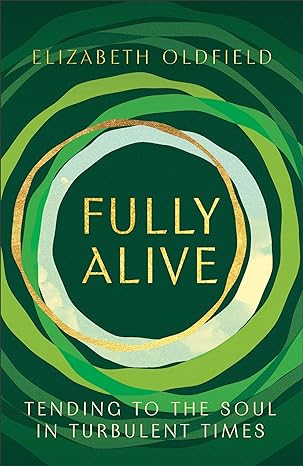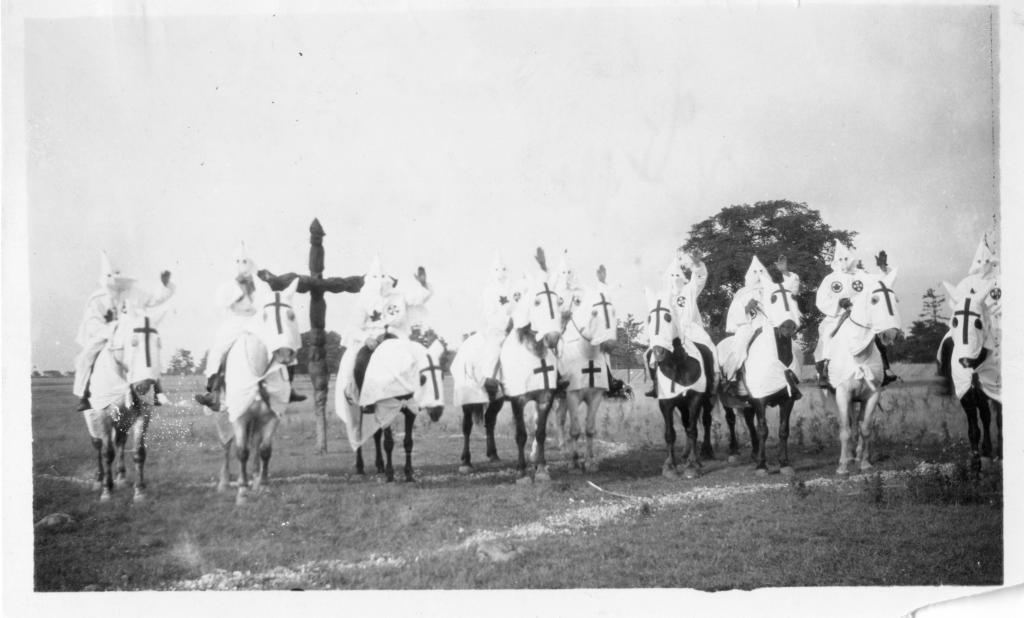I have a confession to make: I sometimes use ChatGPT as a kind of spiritual companion.
This is a journey I never planned to take. And I still have mixed feelings about it.
A few months ago, I decided to engage in an extended back-and-forth with ChatGPT about some questions and struggles in my spiritual life. I began with a query about my imperfect attempts to live simply – a value central to my spiritual identity. After reflecting on ChatGPT’s response, I shared more: the tension between my love of international travel and my commitment to environmental stewardship.
The conversation deepened. I wrote about what I believed and what I doubted about God, and how that related to my choices about simplicity. ChatGPT would summarize my thoughts in ways that accurately reflected my views and that helped me go deeper. Eventually, it offered me a series of queries to ponder:
“In areas where you feel restless or dissatisfied, what is ‘enough?’”
“How free am you from possessions, status, and achievement as indicators of worth?”
“What in your life feels excessive: possessions, desires, and the like?”
“How do you notice the Spirit, or Love, moving in your life, even if you can’t name it as God with certainty?”
“Can you focus more on listening deeply and responding with care, rather than needing certainty?”
I remember reading these questions and feeling… stunned. How could a chatbox so precisely grasp the contours of my spiritual life and reflect them back in such gentle, searching language? These queries have stayed with me in my thoughts. They’ve shaped choices I’ve made and continue to guide my spiritual reflections.
A Moment of Spiritual Vulnerability
To admit this publicly feels risky. Using a chatbox for spiritual direction doesn’t fit with what I’ve long believed constitutes meaningful spiritualtiy. I imagine kindred spirits of mine reading this article and being concerned about the direction my spiritual life is taking.
And yet, recent research is helping me see both the promise and the pitfalls of bringing generative AI into our inner lives.
Continue reading





